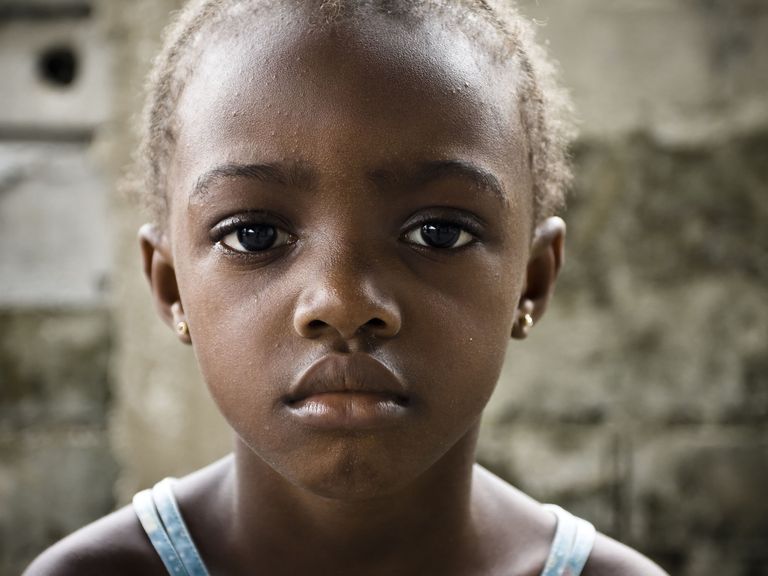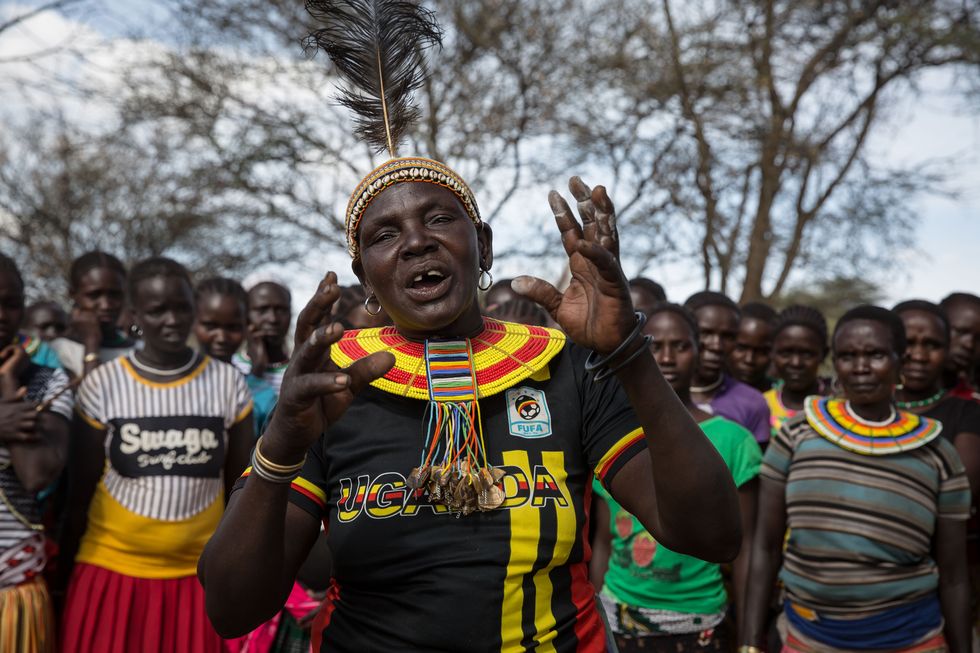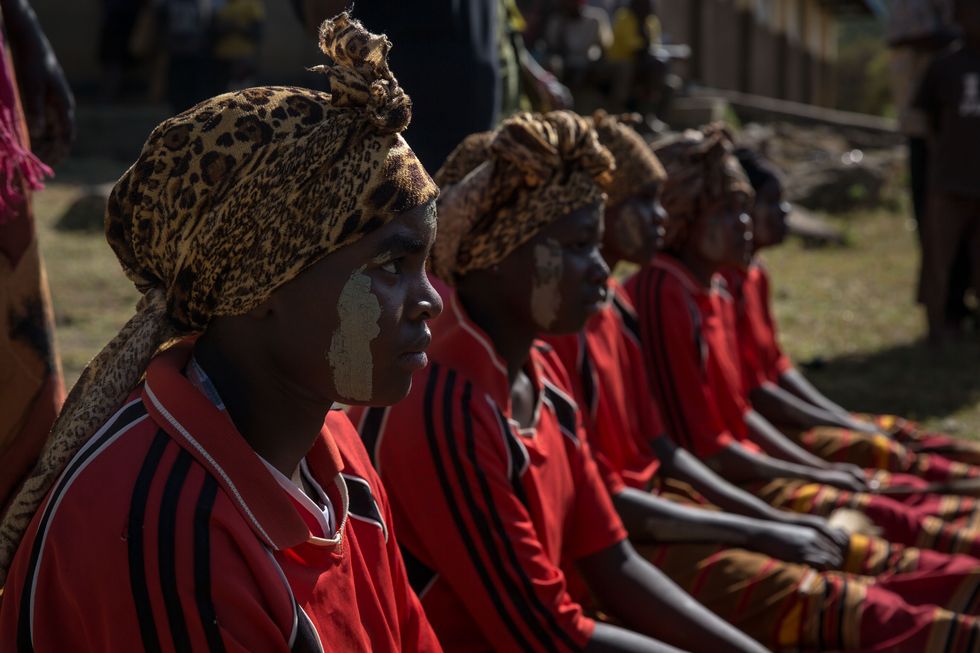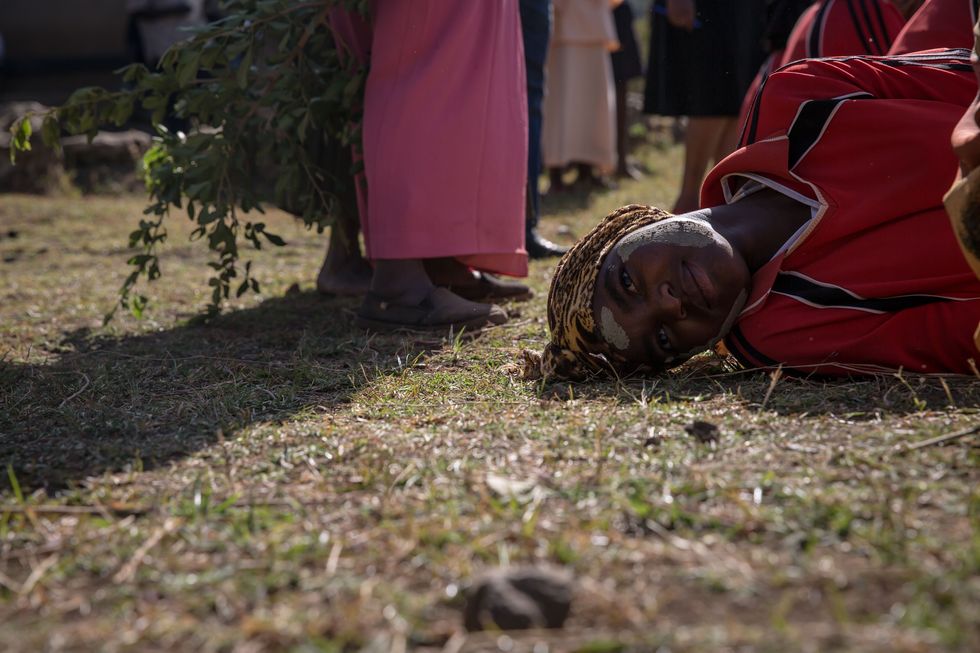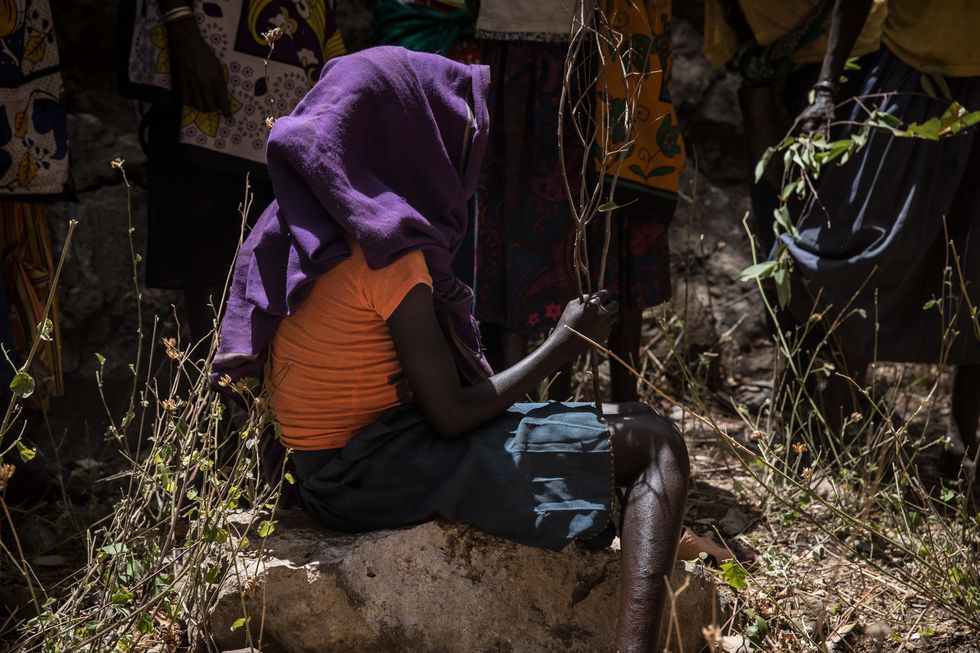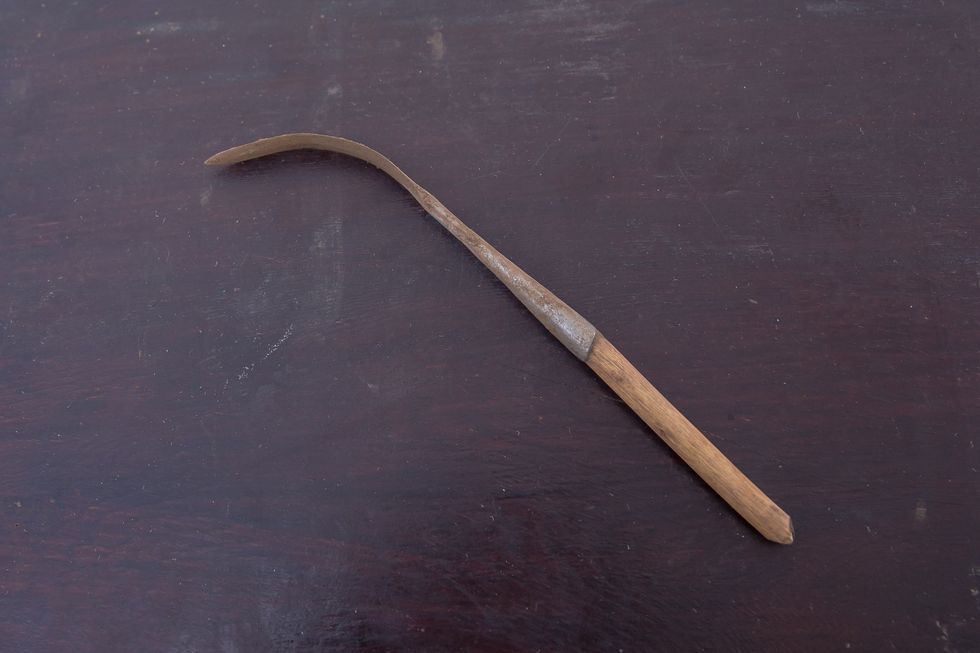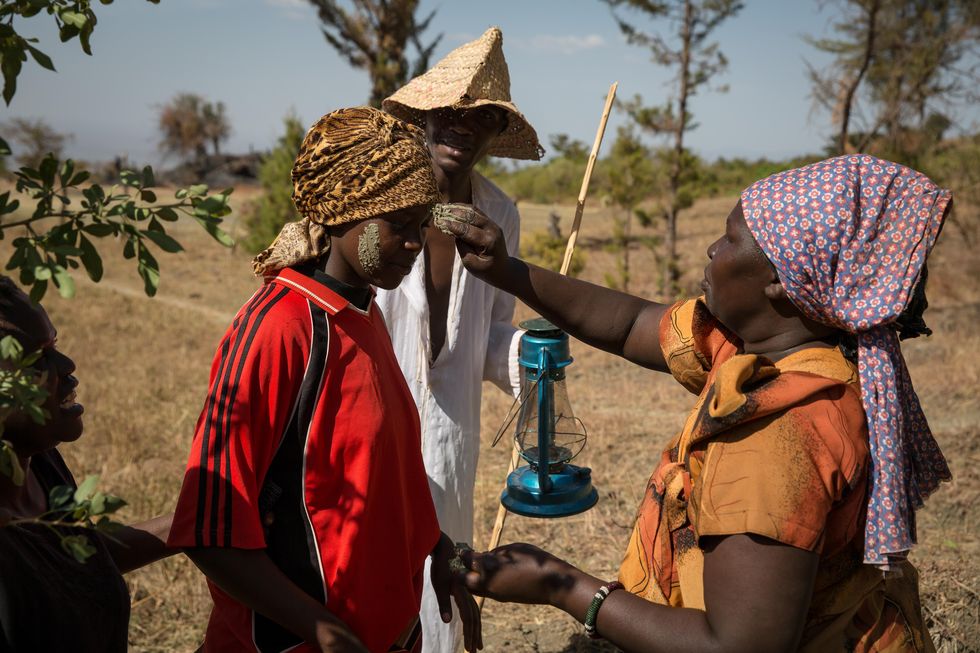Rachel Chebet was lying on dirt ground, bleeding and dazed from the pain of having her clitoris cut off, when the police arrived to arrest her.
Just hours before, in a cave close to her village in northeastern Uganda, she suffered through an incredibly brutal procedure: her tribe calls it circumcision or 'the cut'. It was necessary, the 24-year-old explained, to prevent her community from shunning her. Already, Rachel wasn't allowed in the granary to get maize, or to take part in social activities with other women.
She keenly believed she had angered the spirits that watch over everything, giving her endless bad luck.
Female genital mutilation (FGM) is a practice that involves altering or injuring the female genitalia for non-medical reasons, according to the United Nations definition. It is internationally recognised as a human rights violation. Globally, it's estimated that 200 million girls and women alive today have undergone some form of FGM.
In Uganda, it's only practiced by a few tribes in the northeast. In 2010, a law was finally brought in to ban it completely. Though it's supposed to criminalise those who perform FGM, lawyers and aid workers say the law is being implemented sparsely and - when police do arrest someone - they punish the wrong people.
Rachel is one of at least four young women who have been arrested and imprisoned after falling victim to FGM themselves.
We met in a community hall in the Sebei region, a rural area of Uganda with bad transport links and huge poverty. She gazes into the distance as she describes the agony she was in, lying bloodied in the cave with three of her friends. The 'cutter' - the woman who carried out the procedure - escaped soon after finishing.
Police officers later claimed Rachel and the other women said they had performed the FGM on themselves. Rachel doesn't remember saying much of anything. She said she struggled to respond when the police came, but her injuries meant she couldn't move.
'The police said 'you have broken the law, we are taking you',' she says.
'They tried to shout stop (first) but of course things were already done.'
Rachel spent the next nine months in a cell without medical treatment. 'It was a very small cell, we were all in a cell together,' she remembered. 'I was in a lot of pain.'
'We needed help because we had wounds. We needed a special place where we could clean ourselves but didn't even get that.'
Twice a day they were fed the same meal of posho - a type of maize porridge - and beans. 'We didn't like the food,' she continued. 'It wasn't enough.'
Uganda's police spokesman did not respond to a request for comment.
Rachel's ordeal happened in 2014. She, and her friends, were eventually pardoned by Uganda's long-serving president, Yoweri Museveni, but not after being sentenced to four years in prison.
At the time they were released, Museveni announced: 'Do not think that because government has pardoned the pro-FGM convicts, the law against FGM is no more. Police shall continue arresting those persisting with the practice and prosecute them.'
The punishment for carrying out FGM on someone is 10 years, while someone who 'abets' it can get five years. If a girl dies or is infected with HIV from an unclean knife, the 'cutter' who performed the procedure can be imprisoned for life.
However, despite ELLE learning more than 70 cases were recorded on just one mountain between December and February this year, the number of prosecutions is drastically lower. It's difficult to get accurate data, but a UN report found there were just six arrests in the whole of Uganda in 2016.
Sheila Nabachwa, Uganda Vice President for the Foundation for Human Rights Initiative, says there are several reasons the law hasn't worked. For one, the areas where FGM is practiced are poor so they're labelled as 'hardship areas' for police officers, many of whom leave after six month contracts.
Alongside this, local birth attendants often support the practice, Nabachwa says, and are unlikely to report anything to the authorities.
Instead, a lot of the valuable work is being done by aid organisations, who try to educate local populations about the dangers of FGM, which include bleeding to death, problems with childbirth, and other medical issues going forwards.
Though charities and local activists are working hard to stamp out FGM, they believe many girls and women still feel under huge community pressure to go through with it - and it's necessary to sympathise with that and not criminalise them.
Alain Sibenaler, the Ugandan representative for the United Nations Population Fund (UNFPA) called FGM an 'unacceptably devastating, awful practice.' But he surmised: 'you will come across a strange aspect of our work here which is the clash between human rights and deeply, deeply en-rooted cultural practices. How do you talk to someone about something that they so deeply believe in?'
At a meeting of religious leaders in the Sebei region, Charicha Alex Bosco, Pastor of the local Deliverance Church, said the problem lies with the police and government. In a gravely, deep voice, he said: 'If they were here I'd tell them to step up their efforts to implement the law. They've put mechanisms in place (but) they haven't been funding them.'
The legal system is still vulnerable to corruption, Bosco added. 'Even culprits are let out of jail for as long as they can bribe the police.'
'The law should have been applied in the right way but it's being applied in the wrong way.'
